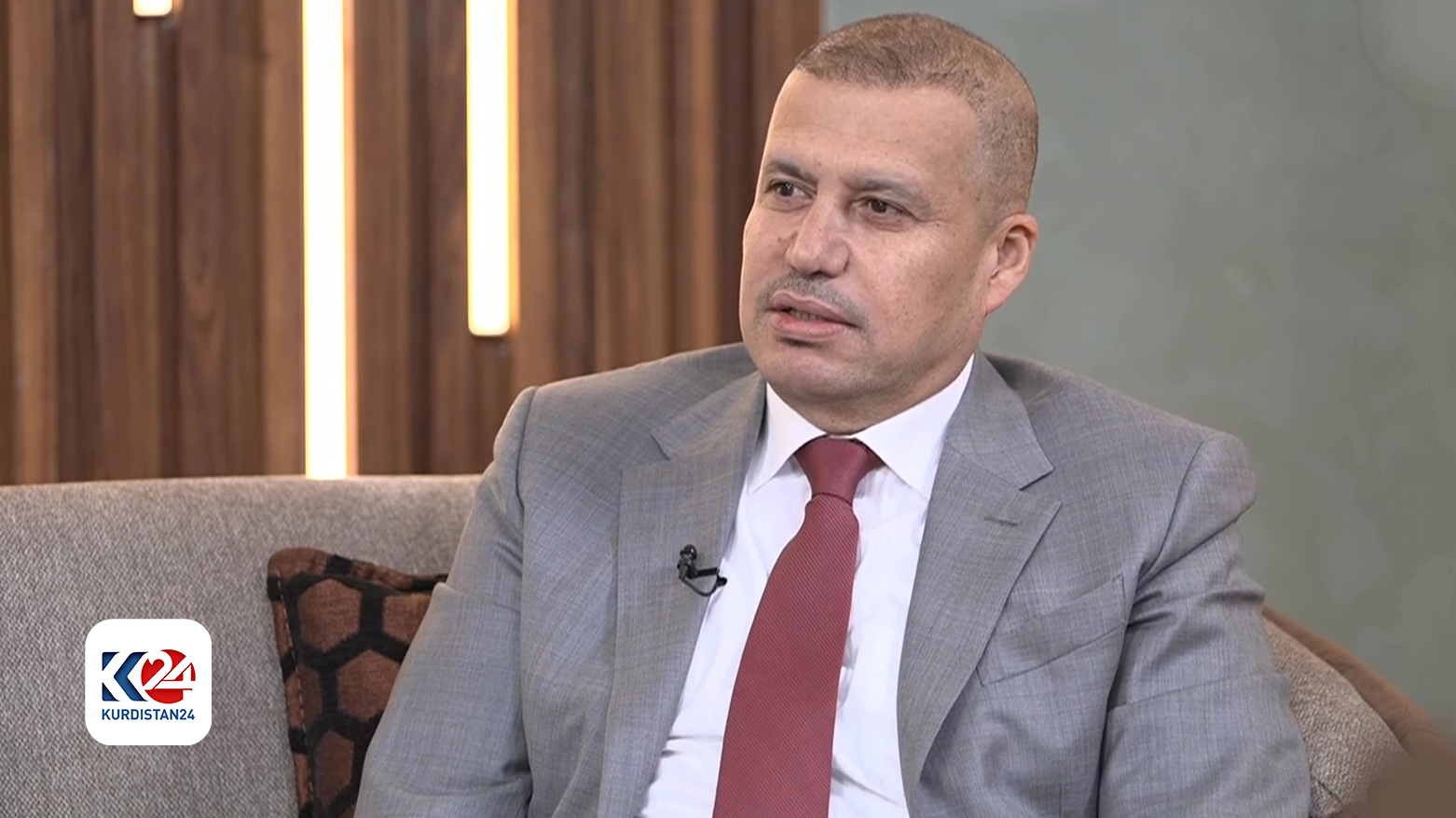Baghdad, Ankara to coordinate Turkish military operations in KRG border areas
The construction of PKK bases and headquarters in the KRG's border areas, along with continuous clashes with the Turkish army, has severely impacted the lives of KRG citizens.

ERBIL (Kurdistan 24) – The Iraqi Prime Minister's Advisor announced that Turkey's military operations in the Kurdistan Regional Government (KRG) border areas will be conducted in coordination with Baghdad.
Ibrahim al-Sumaidaie, a member of the Iraqi Prime Minister’s Consultation Committee, stated in a televised interview with the Iraqi Dijlah TV channel that there is collaboration between Baghdad and Ankara regarding Turkish military operations in the Kurdistan Region's border areas.
Al-Sumaidaie noted that the Kurdistan Workers' Party (PKK) "is carrying out criminal operations," and the Iraqi government has designated it a terrorist organization.
Previously, Turkish Foreign Minister Hakan Fidan highlighted the significance of Iraq to Turkey and expressed a desire to combat the PKK jointly with Baghdad.
"The instability in Iraq has benefited the PKK and other terrorist organizations," Fidan said.
He pointed out that while the PKK has not gained control of any territory in Turkey, it has managed to seize several areas in Iraq and Syria.
In recent weeks, the Turkish army has intensified its military operations against the PKK in the Amedi district, resulting in the burning of dozens of acres of land.
Tensions between Turkey and the PKK have persisted since 1984, with the group being designated a terrorist organization by Iraq, Turkey, the United States, and the European Union.
Unofficial figures suggest that more than 60,000 people have been killed in the conflict.
The construction of PKK bases and headquarters in the KRG's border areas, along with continuous clashes with the Turkish army, has severely impacted the lives of KRG citizens.
Over 800 villages and several tourist areas in Duhok province have been affected, causing significant damage to the region's tourism and agricultural sectors.